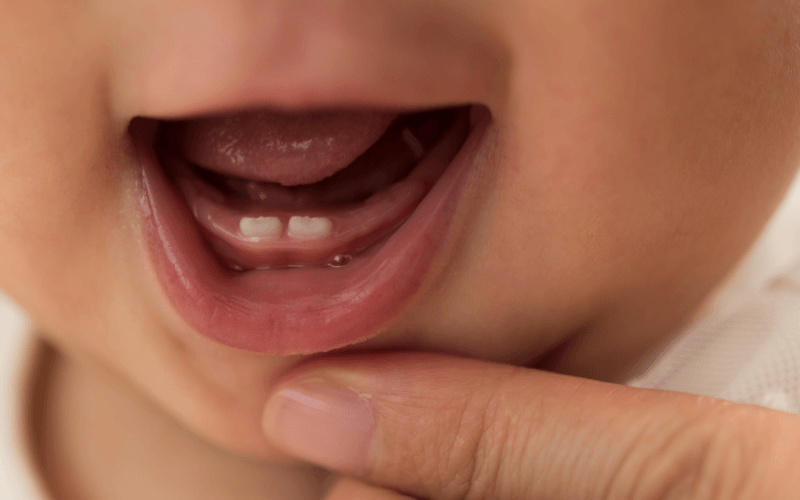4 Important Tips For Your Baby’s Teeth
Your child will have his or her first teeth before you know it! However, a lot of people assume that baby teeth do not really matter. After all, when your child gets older, they are going to fall out.
Baby teeth play a number of critical roles, though, and so they are important. After all, they are needed for your baby to eat, speak, and smile! They are also vital in terms of ensuring your baby’s jaw develops properly and there is plenty of space for adult teeth.
If your child loses a tooth before he or she is meant to, you will need to speak with a dentist about what to do next. Typically, children will lose teeth around the age of six years old, but this can differ. However, if they lose a tooth before this, your dentist may want to correct the space to make sure there are not any issues when the adult teeth do come through.
How Do I Take Care of Baby Teeth?
There are a number of important steps you can take to make sure your children’s teeth are healthy, including the following:
- Your child should visit a dentist on a regular occasion. As soon as your notice your child’s first tooth, book an appointment with your local dentist. Dental services are vital for youngsters. Your dentist is going to inform you of how to care for your child’s teeth, as well as whether your child has plaque or cavities, and when you should expect the next baby teeth to come through.
- Be mindful of what your child drinks and eats, as this can have an impact on their baby teeth. Fruit juice and soda are high in sugar or acid. Make sure the likes of cookies and other sugary treats are limited as well. This is critical because sugar and acid can make the enamel weaker, which is the outer shell of the tooth. This then puts your child at a higher risk of experiencing a cavity.
- Brush your children’s teeth in the morning and again at night time to prevent the formation of cavities. Use fluoride toothpaste. If you have a newborn, we recommend that you use a cloth or a wet pad to wipe their gums, as this can help to keep their mouth clean. Until your child reaches the age of three, you should make sure that the amount of toothpaste you use is the equivalent of the size of a rice grain. After your child reaches the age of three, you should make sure that the amount of toothpaste you use is the equivalent of the size of a pea.
- Finally, once you have noticed that your child has two teeth that are touching one another, make sure you clean their teeth regularly. You can floss their teeth once per day to get rid of any food that is between their teeth and under their gums, as this will help to prevent cavities from forming in between their teeth.
